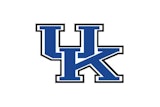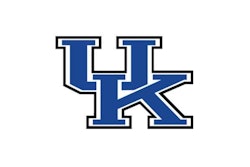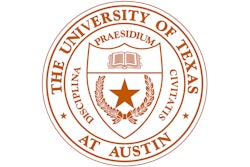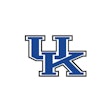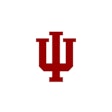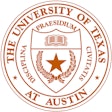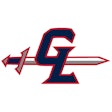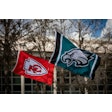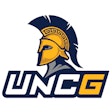The A-11 Football League took the first big step toward kicking off a spring 2013 season when it began last week to formally engage with more than 20 interested city groups (including both municipal governments and sports authorities) in nearly as many states.
League officials will release the names of charter league members (at least 10 are expected to compete during the inaugural season) individually as they come on board. Home states of interested city groups include Arizona, Arkansas, California, Connecticut, Georgia, Kansas, Kentucky, Louisiana, Nebraska, New Jersey, New Mexico, New York, Nevada, Ohio, Oklahoma, Texas, Utah, Virginia and Washington. More than one city group has expressed interest in Califorina, Ohio and Texas, according to Kurt Bryan, co-founder of both the league and its namesake offensive scheme that opens the game of 11-man football to exponentially more play-calling options than conventional football.
"Nearly all of the city groups we're dealing with have come to the realization that they will never have an NFL team," Bryan says. "This is their golden opportunity to acquire the lifetime rights for their home market in order to bring an A-11FL franchise to their city. Our model is a combination of the Green Bay Packers model and Major League Soccer, with a little bit of A-11 innovation thrown in."
Start-up franchises will employ a three-step model to raise capital, beginning with a concept called crowd funding. Teams can begin to raise the $1 million total necessary to join the league (and that is legally allowed via crowd funding) by selling stock to their respective fan bases. "Those fans know when they put down their $10 or $20, they are helping to secure the lifetime rights to bring a pro football team to their city," Bryan says. "Green Bay did it in 1923, and they've got a pretty darn good track record."
Next, major private investors will be given the opportunity to partner with teams as owner/operators. Finally, the league has been approached by investment banks to conduct an initial public offering in the fall.
Bryan describes it as a community-based, sustainable model in a market littered with failed professional football leagues. Third-party observers have added their own adjective. "The word I keep hearing, and that I'm very proud of, is 'unselfish,' " he says. "We have developed an unselfish model, and that's how we want to give back to these communities. That's the only way you're going to make it nowadays."














